Welcoming a new puppy or kitten into the family is always exciting. You’ve picked your ideal pet, you have all the stuff, and you’ve got them insured, so now it’s settling in and enjoying all those cuddles and games as you get to know each other. Much like bringing a human baby home, you’ll never forget these times.
As wonderful as this time is, we know that alongside the cuddles, the responsibility of a new family member can sometimes feel overwhelming. This new fluffy bundle of joy will depend on the care you give them for the rest of their lives. Children are very vocal about their needs and let you know when things are wrong, but cats and dogs aren’t always so good at that!
It’s always a good idea to start the way you mean to go on, so we’ve noted the 7 most important promises to make to your puppy or kitten as soon as you bring them home. By making this standard practice from the start, you will be able to ensure your pet, and therefore the family they are now part of, stay in the best of health and that you all have the happiest, longest of lives together.
The promises you should make to your new family member will form the proper habits right from the start. These good habits will result in the healthiest, happiest, most well-behaved pet possible:
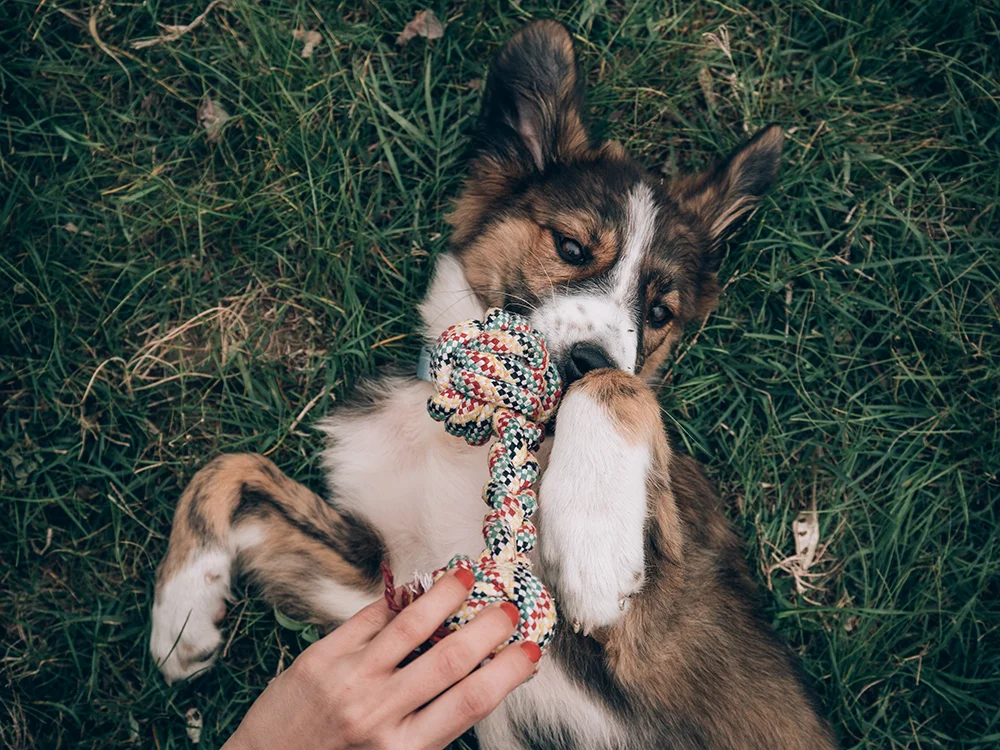
1. Teach your pet good behaviour right from the start
We’ve all heard stories of dogs pulling at leads, stealing food from picnics, jumping up at people, running off and needing to be hunted down for hours on end, whilst the owner has their heart in their mouths thinking of all the roads they could have come across.
These things aren’t just inconvenient for the owner but also dangerous and limiting for the dog. They don’t want to be shut in a room every time visitors arrive or put on a lead for an entire walk. It’s not best for them and isn’t a fun or relaxing life for the humans around them.
There is an old saying ‘As the twig is bent, so grows the tree” that recognises and describes how early influences have a permanent effect. Enrolling in puppy classes makes them wonderfully sociable animals and reduces aggression. It also teaches obedience that keeps your pet safe, while keeping you and your family happy and proud for their whole lifetime.
At home, ensure you start doing things in a family-friendly way right from the start. If you don’t want a fully grown dog on your bed every night, start them off sleeping where you want them to right from day one. There are many online articles about different methods, such as crate training, that can help you, and as always, you can chat with us about it any time.
Don’t offer them titbits as you’re eating dinner if you don’t want a lifetime of begging whilst you’re eating. What’s cute and almost irresistible behaviour as a puppy often isn’t as cute once they’re an adult.
Whilst there aren’t classes for cats, they also need to be told what the rules are right from the start. Reward good behaviour with cat treats, and use techniques such as a small water pistol or an air puffer to discourage them from climbing on kitchen worktops and scratching furniture.
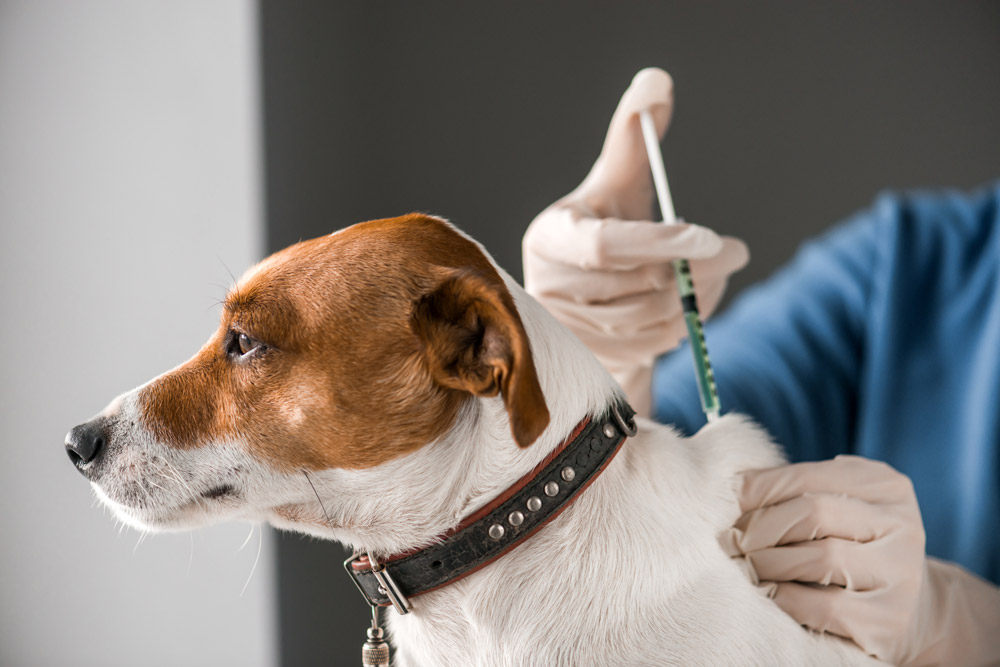
2. Vaccinate and keep up with boosters
Vaccination is essential for your pet’s ongoing health and for the health of every other animal they come into contact with. Being unvaccinated or letting vaccination boosters lapse leaves them at high risk of some very nasty diseases and causes localised re-emergence and spread of potentially fatal illnesses, ones that science has found a way to stop.
Vaccines are only developed for very nasty diseases, so it makes sense to stop them before they take hold. Many of the diseases cause symptoms that can be mistaken for other things such as tiredness, mild fever and a general loss of appetite, so by the time they are noted as warning signs, and the animal is taken to the vet, it can be too late for treatment other than palliative care.
Many animals are initially vaccinated but then fail to go for boosters. It’s not that people don’t care, but it’s sometimes hard to remember the window the boosters need to happen in, and the cost NEVER comes at an ideal time!
To make it easier to remember to do and to budget for, we offer a monthly healthcare plan that means by paying a small amount each month, the cost of your vaccinations (and year-round parasite control) has already been covered by the time they’re due. We’ll remind you to come in at the right time and even give your pet a free health check at the same time.
You’ll probably find that your pet insurance is cheaper if your pet is vaccinated and this is maintained too. If you decide not to vaccinate, check that your policy covers treated diseases commonly vaccinated against.
From our blog:

3. Exercise your pet as much as they need to keep them strong, healthy and happy
Cats are relatively straightforward, and even an indoor cat can be given a good workout by being encouraged to chase balls of paper around or by waving a laser pointer at a wall.
A dog’s exercise needs are based on their age, breed, size and general health, but on average, your dog should spend between 30 minutes and 2 hours being active every day. Working, hunting and herding dogs such as Labradors, Hounds, some Terriers, Pointers, and Collies will need the most off-lead exercise. Behaviour training is vital for these groups, or you could find they disappear off and don’t pay attention to where they are until they’re very lost!
Exercise is as vital for their mental health as it is physical. Bored dogs are unhappy dogs, so the chance to run, sniff and explore daily is essential to their well-being.
From our blog:
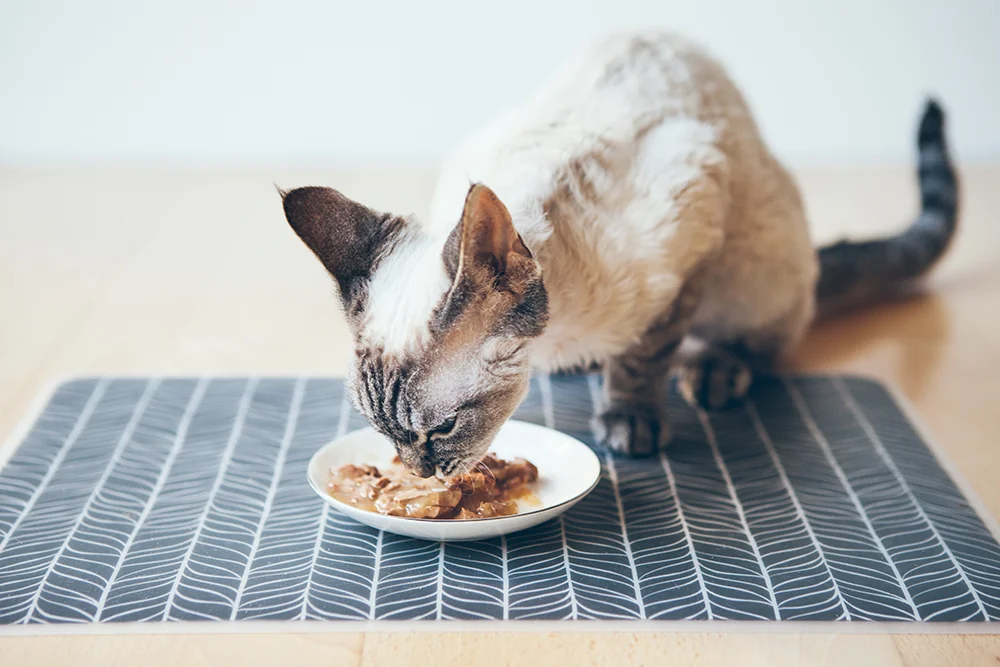
4. Make sure they have sufficient nutrition to grow a strong body and keep it that way.
Your pet needs a well-balanced diet to grow to its full potential and keep healthy. Their diet needs to be suitable for their age, lifestyle and health status, so do talk to us about the best choices.
How much to feed them will depend on their weight, breed and activity levels, but there should be guides on the packaging. If you aren’t sure about their weight, give us a call and we’ll happily arrange a suitable time to discuss nutritional needs and weigh your pet free of charge (we might need to bribe your cat with a treat!).
Cheap pet food is generally bulked up with fibre with no nutritional content and is equivalent to feeding them junk food, so if you can avoid it, do. Feeding pets your own human food isn’t a good idea either, as it doesn’t provide them with the nutrition they need and often contains high levels of salt and sugar.
Water should always be available to them, and the occasional healthy treat does no harm either! We sell a range of these, including dental chews, or you can look online for ‘homemade healthy dog treat’ recipes.
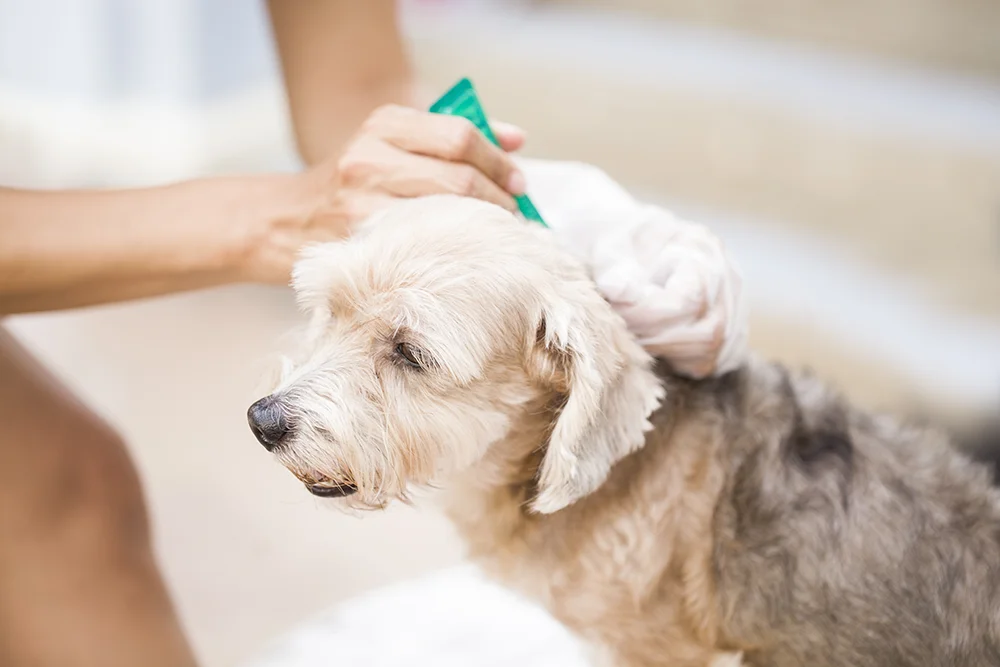
5. Protect them and your family from parasites all year round
Fleas, worms and ticks are nuisances affecting many pets, not just cats and dogs. They are often passed to offspring from the mother and can be picked up in the environment very quickly.
The first time we see your new pet, we will talk to you about the options for getting rid of any existing parasites and correctly dosing them as they grow to ensure they have continuous protection against parasites.
It was historically thought that fleas were a seasonal issue, but now central heating exists; they are a year-round problem, and care should always be taken to ensure there isn’t a gap in your pet’s protection. Eggs can live for several months in the right conditions, and if these fall on carpets in the house, they can leave you and your pet infested.
Parasites are an itchy nuisance but can also cause serious health issues and be carriers of severe diseases, some of which can even be passed to humans, so ensure you’re protected from the start.
From our blog:
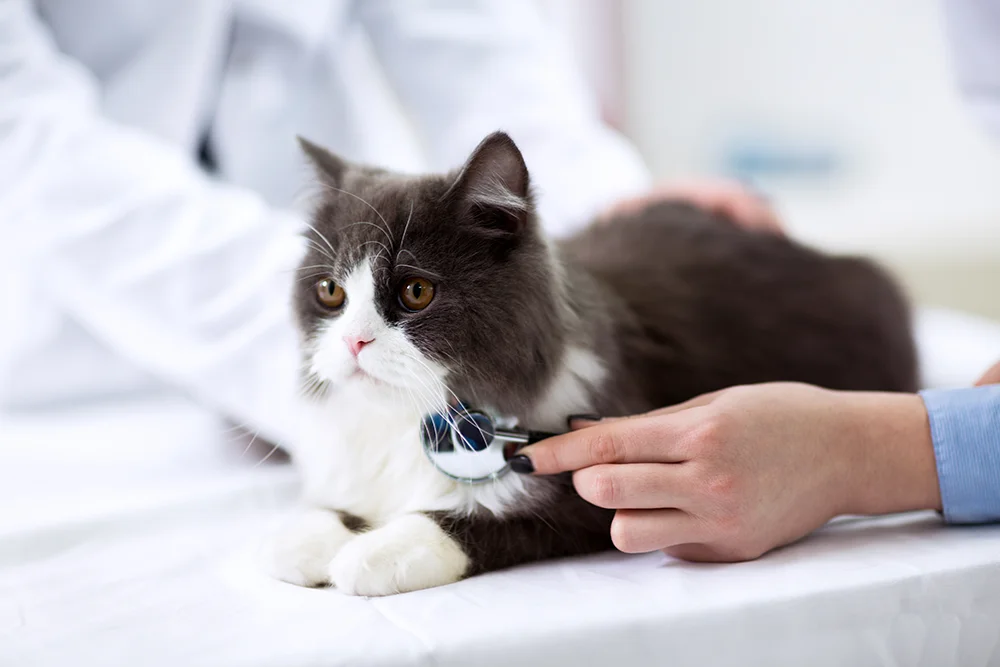
6. Get your pet checked at least once a year at the vet
Pets are not good at telling us if something is hurting, such as their teeth or joints. Many changes can also occur during the first tender years, and everything is better (and cheaper!) caught early. It also doesn’t harm getting them used to being thoroughly checked over.
We will usually do this at the same time as the annual vaccination boosters, but if you’d like to discuss anything related to your pet’s health, then we’re available throughout the rest of the year!
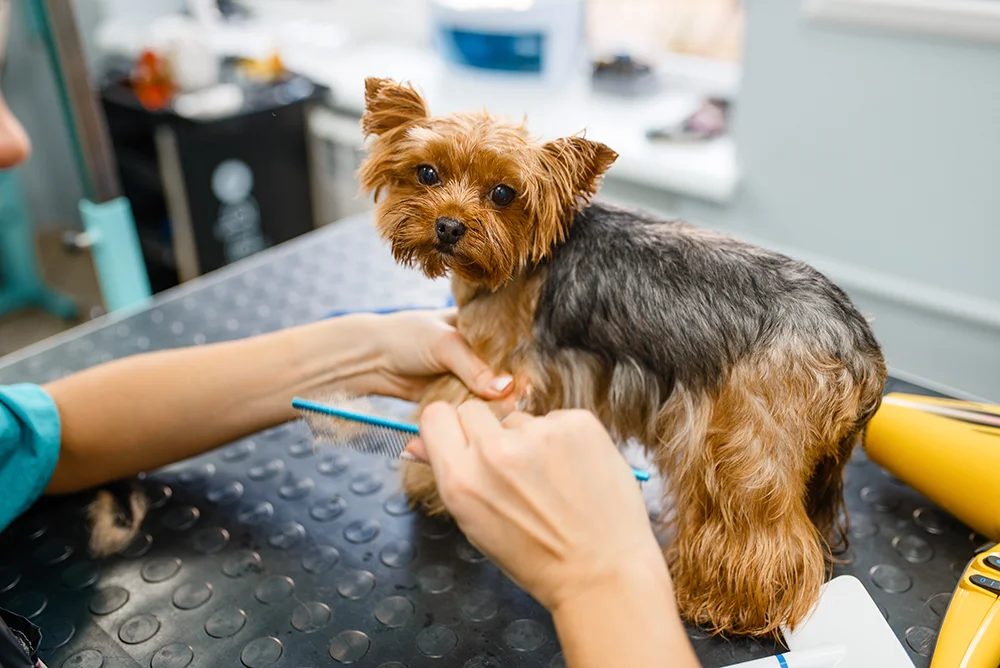
7. Good grooming and getting pets used to being touched
Giving your pet a good brush is lovely for them and you, but it’s so much more important than just keeping their coat in tip-top condition. Getting up close and personal allows you to notice things like any ticks that have attached, any skin changes, and also to find any sensitive areas that need an eye kept on them. Make sure you use a suitable brush and use your fingers to investigate behind the ears, around the mouth and between the toes.
Looking in their mouth from an early age is a great way to stay aware of their dental health. We can show you how to brush their teeth and keep them healthy, making them a lot less fearful of touch when we come to check them over.
Brushing teeth is generally easier said than done with cats, but start them young, and they can be quite happy to be touched and groomed and will sometimes let you look in their mouths, especially if they’re rewarded with a spoonful of tuna for being so tolerant.
From our blog:
 All Vaccines, Parasite Treatment, Health Checks & much more, covered.
All Vaccines, Parasite Treatment, Health Checks & much more, covered.
Start of Life
Puppy and Kitten Pack
New addition to the family?
Our Start of Life pack saves you money on important treatments for a new pet, and gives your new puppy or kitten everything they need for the best start in life!
- Primary Vaccinations
- Microchipping
- 1 dose of flea treatment
- 1 dose of worming treatment
- 5 weeks FREE pet insurance (Vetsure)
- A bag of goodies!



